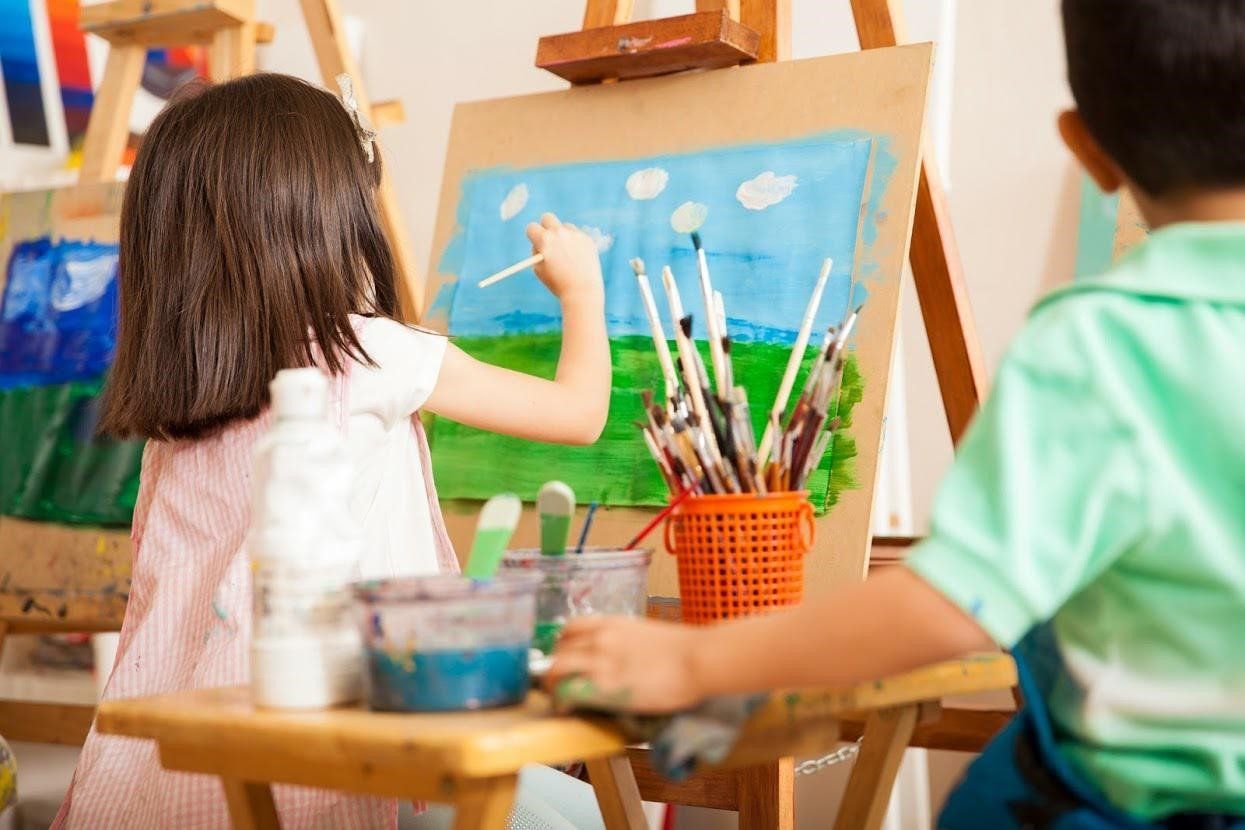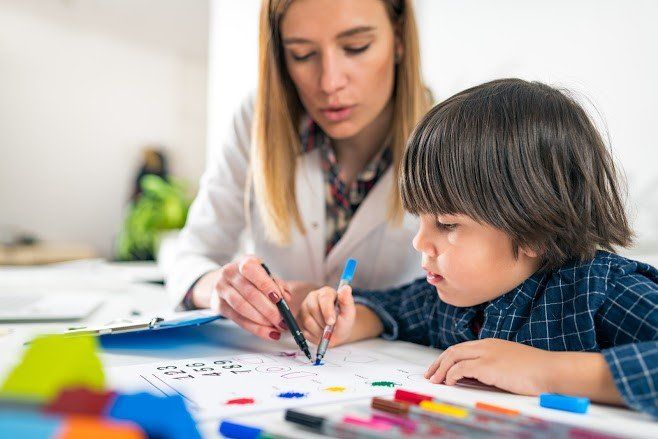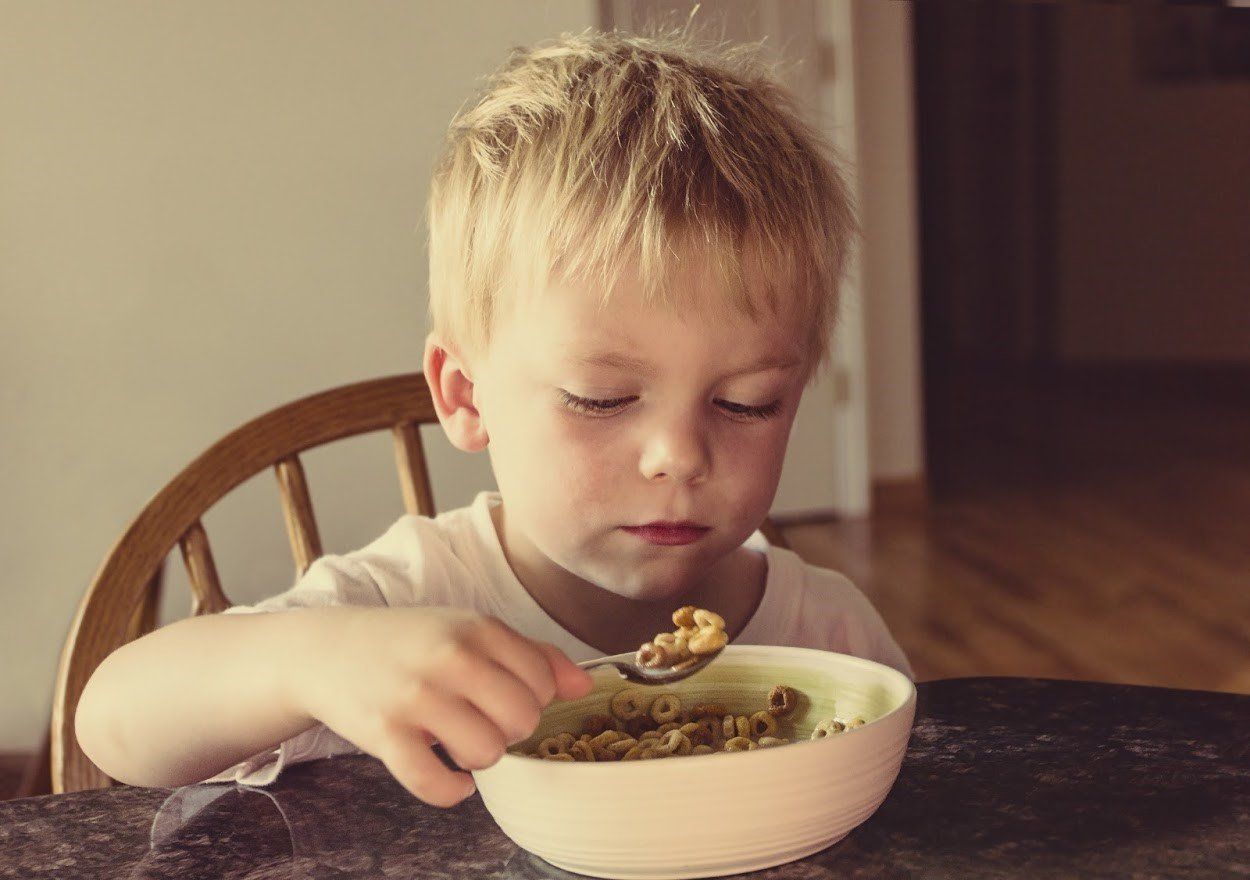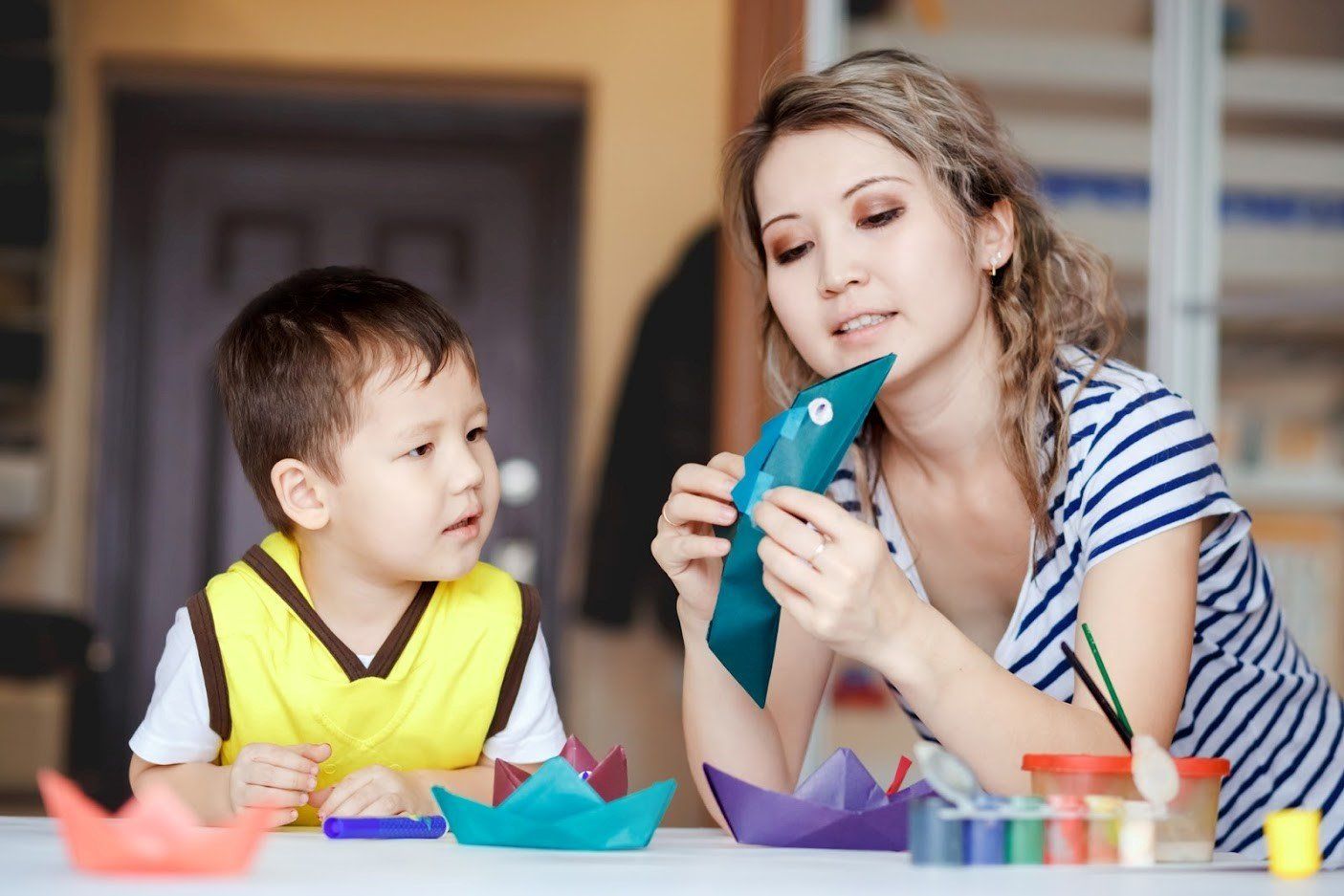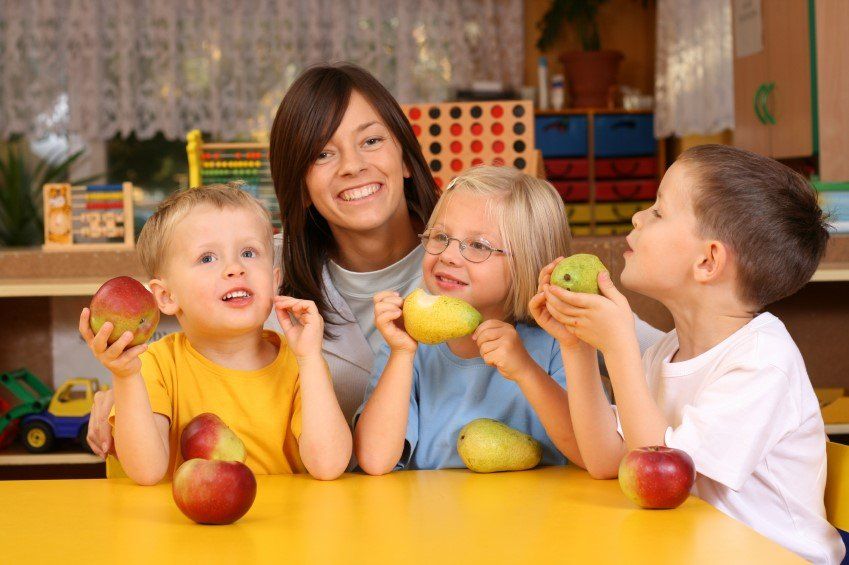6 Everyday Activities That Can Teach Math to Your Preschooler
The preschool years are a time when children learn fundamental mathematical concepts. This important early math learning is the basis for their future math education. You can easily support your child in developing these early math understandings through daily life activities. These exercises also support the math learning your child is doing in preschool.
1. Grocery Shopping
The grocery store provides many excellent opportunities to build early math skills. Have your child count items as you put them in your cart. Encourage your child to sort objects by size, color, or shape. Compare quantities together by asking your child questions such as "Do we have more carrots or corn in our cart?" Ask your child to identify different shapes in the grocery store as you shop.
2. Picking Up Toys
While your child is cleaning up their toys, have them pick up blocks or dolls by picking up large ones first, then small ones.
Ask your child to line up toy cars to make a pattern by color (example: red, green, blue, red green, blue), or line them up yourself in a pattern and have your child identify the pattern. As you clean up the toys in the kitchen set, ask your child to identify the different shapes of the food containers or other kitchen set items.
3. Setting the Table
Teach your child to set the table before meals. Ask your child to count out silverware and napkins for each person. As they set each place, ask them to find the pattern that the table settings create: napkin, fork, plate, knife, and spoon. Instruct your child to say the words out loud as they lay down the silverware to reiterate the pattern.
4. Cooking
Ask your child to count out ingredients before they give them to you. For example, ask your preschooler to give you a certain number of potatoes. When stirring batter or ingredients, instruct your child to stir the spoon a specific number of times.
5. Riding in the Car
While you're in the car with your preschooler, use the opportunity to build their math skills and play simple games. Count all the blue and black cars, then discuss whether you saw more blue or more black by the time you arrive at your destination.
Ask your child to identify patterns that they see, or point out such patterns yourself. For example, you may point out a row of cars at a traffic light that follows a red, white, red, white pattern.
6. Doing Laundry
Let your child help you sort the laundry, and build their math skills at the same time. Have them sort the white clothes from the colored clothes, and ask them to compare piles of laundry to say which one is larger.
Ask your child to load clothing in the washer and count pieces as they do. Once the laundry is cleaned, ask your child to sort the laundry as you fold it in preparation for putting it away. Sorting by laundry type or by person who wears the clothing can help your child build their skills in categorizing and comparing items.
Work With Your Child's Preschool
Stay in close contact with your child's preschool teachers to find out what lessons your child is learning in school. If you know what your child is being taught, you can have some direction as you decide which lessons to incorporate in your everyday life.


